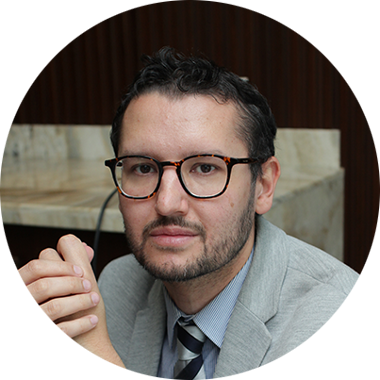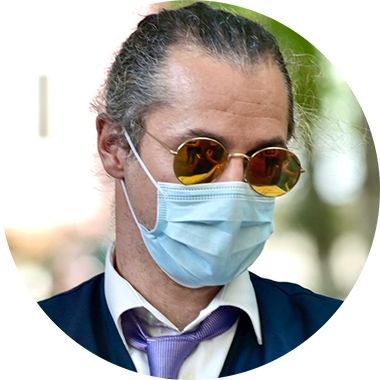
Phuong Nam Nguyen
Technical Officer Pandemic Preparedness, Infectious Hazard Management
– Western Pacific Regional Office, Philippines
Phuong Nam Nguyen works for WHO s Western Pacific Regional Office and was recently deployed to the Philippines country office in Manila to support the COVID-19 pandemic response. He was born in a rural community east of Hanoi, Viet Nam. Phuong was always curious about his country and the world and decided to study languages and culture at university. Looking back on influences in his public health career, Phuong remembers how inequities and poor hygiene conditions affected his community s health and how traditional medicinal herbs were used to mitigate these issues before formal care arrived in the area.
After graduation, Phuong s proficient English gained him access to NGO work while travelling and learning about many areas of Viet Nam. He learned about the importance of community engagement. For example, communities helped NGOs understand how changing the colour of the mosquito nets could increase usage. He found people to be engaged and positive and witnessed how small, aptly targeted projects -- like analysing soil to determine the best crops to plant -- had positive impacts on entire villages. He also began to wonder about the role of national policies in scaling up implementation. This was his motivation for looking into bilateral and multilateral public health agencies.
The effects of microfinancing were another inspiration that led Phuong Nam to apply for a public policy master’s degree. He’d seen how entire communities benefited when a small percentage of project loan repayments were paid on to fund more projects. Phuong Nam still thought a lot about inequalities and wanted to be involved in national projects. After finishing his studies, he returned to Viet Nam and found work on an employment programme that linked job seekers to employers. This had an immediate impact and was adopted by the government’s Ministry of Labour, and then job fairs and employment agencies started linking employers with employees. It wasn’t long before Phuong Nam was working with the ministries to improve legislation that would have national influence. For example, one law reduced alcohol points of sale and made ID a requirement for younger people, lowering alcohol sales to minors. Another made motorbike helmets mandatory, greatly reducing road injuries and mortality nationally.
In his job today, he realises the importance of looking at similar countries to see if current programmes can support new ones. Recently in Cambodia, COVID-19 surveillance was added on the existing country-wide influenza surveillance system which allowed for maintenance of seasonal influenza monitoring and helped detect and contain several influenza outbreaks.
“…one small change in a public health policy, if it fully incorporates the local context, can provide better equality to health benefits across a country.” ;
Phuong Nam is inspired by access to global guidance and expertise and by the knowledge that one small change in a public health policy, if it fully incorporates the local context, can provide better equality to health benefits across a country. He explains, “To serve the communities that I work with, I integrate to understand their culture, concerns and to gain their trust. I can recognize their needs and issues. It can take time and I am also patient. As more people follow, sustainable changes take effect.”
Another key part of success is the diversity of the people working on it. “Public health is a collective journey,” he says. "The wealth of expertise, experiences and cultures of the workforce is critical to ensure our technical support is accepted and functions in a multicultural world.”


